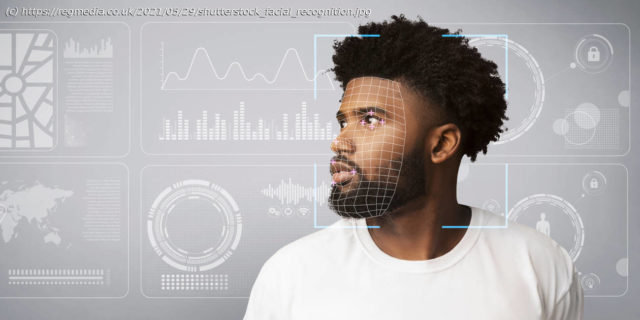‚This technology is too dangerous to be regulated, it shouldn’t be used at all‘
Feature The State of Maine has enacted what the American Civil Liberties Union (ACLU) describes as the strongest state facial-recognition law in the US amid growing concern over the unconstrained use of facial-recognition systems by the public and private sector. The Maine bill, LD 1585 [ PDF], forbids state officials from using facial-recognition technology, or entering into agreements with third parties to do so, except under a relatively limited set of circumstances having to do with serious crimes and searches of vehicle registration data. It imposes the sort of broad limitations that civil liberties advocacy groups have been advocating. „Maine is showing the rest of the country what it looks like when we the people are in control of our civil rights and civil liberties, not tech companies that stand to profit from widespread government use of face surveillance technology,” said Michael Kebede, policy counsel at the ACLU of Maine, in a statement. “The overwhelming support for this law shows Mainers agree that we can’t let technology or tech companies dictate the contours of our core constitutional rights.“ Meanwhile, on Tuesday the US Government Accountability Office (GAO) issued a report recommending that US federal agencies take steps to better understand and manage how they use facial-recognition technology. Twenty federal agencies currently use facial recognition, either their systems or third-party systems like Clearview AI or Amazon Rekognition. Fourteen rely on non-federal systems but 13 of these could not provide details about what their employees were using to the GAO. And two week ago, a set of Democratic lawmakers reintroduced the Facial Recognition and Biometric Technology Moratorium Act, in response to reports about unregulated use of such systems. But not all laws are so strict. The ACLU points to Washington Facial Recognition Bill (SB 6280), passed in 2020 with the support from Microsoft, as an example of weak legislation that fails to protect against mass surveillance. Critics claim the technology is unreliable, discriminatory, and violates civil rights. For example, in January, 2020, Robert Julian-Borchak Williams was arrested by mistake in Michigan as a result of a flawed facial-recognition match. Advocacy groups have also raised the alarm about the quiet use of facial-recognition technology in commercial applications. Fight for the Future, a digital rights advocacy group, points to the use of facial-recognition by payments system Stripe and hook-up hangout Tinder as examples of the trend.
Start
United States
USA — software Who in America is standing up to privacy-bothering facial-recognition tech? Well, let's...






